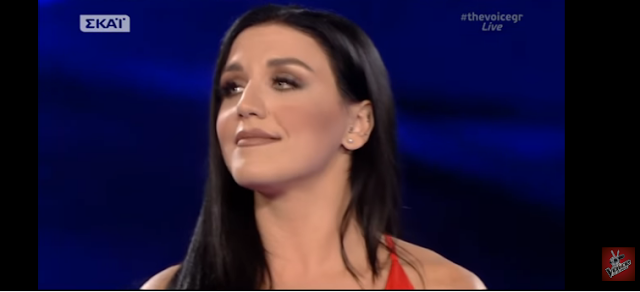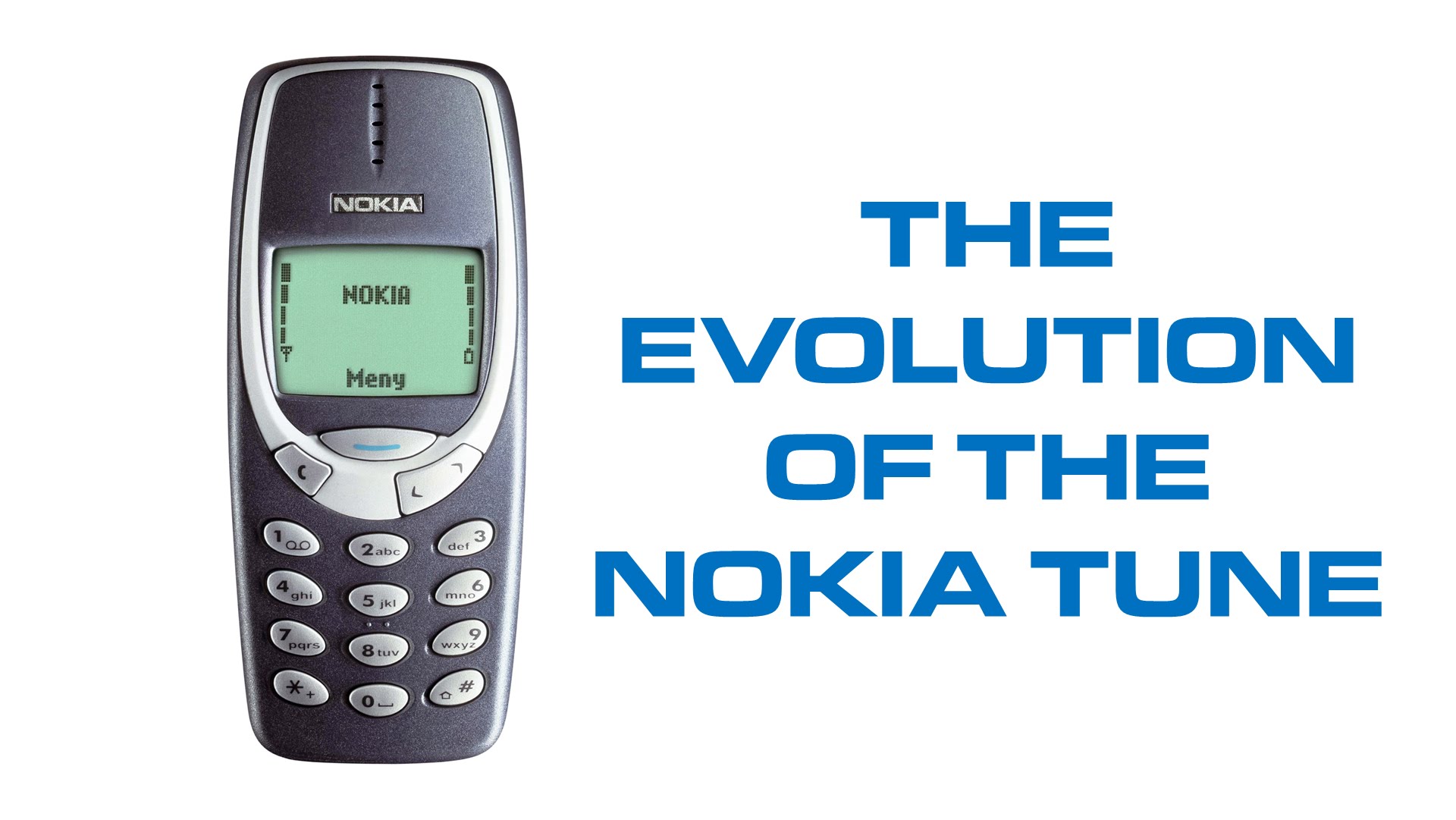The Ancelotti-Capello Debate: Who Is The Better Manager?

Table of Contents
<p>The debate rages on: Carlo Ancelotti, the master tactician known for his player-friendly approach, or Fabio Capello, the disciplinarian renowned for his iron fist? Both have achieved remarkable success in football management, leaving an indelible mark on the game. This article delves into the Ancelotti-Capello debate, comparing their managerial styles, achievements, and legacies to determine who truly reigns supreme. We'll examine their tactical approaches, player management styles, trophy cabinets, and lasting impact on the beautiful game to offer a comprehensive comparison of these two footballing giants.</p>
<h2>Tactical Approaches: Ancelotti's Fluidity vs. Capello's Rigidity</h2>
<h3>Ancelotti's Flexible Formations</h3>
<p>Ancelotti's tactical flexibility is legendary. He's not bound by a single system; instead, he adapts his approach based on opponent strengths and weaknesses, as well as the form and capabilities of his players. His preferred formations often include the 4-3-3 and 4-4-2, but he's shown a willingness to switch things up dramatically depending on the situation. This adaptability is a hallmark of his managerial genius.</p>
<ul> <li><b>Successful Tactical Shifts:</b> His Real Madrid side's Champions League triumph in 2014 showcased his masterful in-game adjustments, often shifting between formations to exploit vulnerabilities.</li> <li><b>Seamless Star Integration:</b> Ancelotti has a knack for integrating world-class players into his system, maximizing their individual talents while ensuring team cohesion. Think of his success managing the likes of Cristiano Ronaldo, Zlatan Ibrahimović, and Kaka.</li> <li><b>Emphasis on Attacking Football:</b> While pragmatic, Ancelotti prioritizes attacking football, aiming to dominate possession and create numerous scoring opportunities.</li> </ul>
<h3>Capello's Disciplined Systems</h3>
<p>In stark contrast to Ancelotti's fluidity, Capello is known for his rigid, often 4-4-2, system. His teams are renowned for their defensive solidity and tactical discipline. Results are prioritized above aesthetically pleasing football; winning is paramount.</p>
<ul> <li><b>Defensive Masterclasses:</b> Capello’s teams are notoriously difficult to break down. His emphasis on organization and defensive structure often frustrates opponents.</li> <li><b>Pragmatic Results:</b> Winning is everything for Capello. While his style might not always be the most exciting, it's undeniably effective.</li> <li><b>Limitations of Rigidity:</b> However, Capello's rigid approach can sometimes be a limitation, particularly against opponents who can exploit its weaknesses with creative tactical approaches. Adaptability is less of a focus.</li> </ul>
<h2>Player Management: The Carrot vs. the Stick</h2>
<h3>Ancelotti's Player-Centric Approach</h3>
<p>Ancelotti's reputation precedes him: a manager who builds strong relationships with his players, fosters team spirit, and motivates through encouragement rather than intimidation. He creates a positive environment where players feel valued and empowered.</p>
<ul> <li><b>Players Thriving Under Ancelotti:</b> Numerous players have cited Ancelotti's positive influence on their careers, highlighting his ability to get the best out of individuals.</li> <li><b>Building Team Spirit:</b> Ancelotti understands the importance of a strong team dynamic, promoting camaraderie and a sense of collective purpose.</li> <li><b>Diplomacy as a Strength (and Potential Weakness):</b> His diplomatic approach, while generally positive, might be perceived as a weakness in situations requiring stricter discipline.</li> </ul>
<h3>Capello's Authoritarian Style</h3>
<p>Capello's management style is decidedly more authoritarian. Discipline is paramount, and players are expected to adhere strictly to his tactical plans. This approach can be incredibly effective, but it carries inherent risks.</p>
<ul> <li><b>Thriving Under Pressure:</b> Some players thrive under Capello's demanding style, responding well to his high expectations and strict discipline.</li> <li><b>Potential for Conflict:</b> However, Capello's demanding nature can lead to conflict with players who don't respond well to his methods. His no-nonsense approach has caused friction with some players over the years.</li> <li><b>Discipline Leading to Success:</b> Despite the potential for conflict, his iron fist has, at times, yielded extraordinary results, shaping disciplined, highly effective teams.</li> </ul>
<h2>Achievements and Trophies: A Head-to-Head Comparison</h2>
<p>Comparing their trophy cabinets provides a fascinating insight into their relative successes. While a direct comparison is difficult due to the different leagues and eras they managed in, we can get a general idea:</p>
<table> <tr> <th>Manager</th> <th>League Titles</th> <th>Champions League Titles</th> <th>Domestic Cups</th> </tr> <tr> <td>Carlo Ancelotti</td> <td>Multiple (Italy, England, Spain, France)</td> <td>4</td> <td>Numerous</td> </tr> <tr> <td>Fabio Capello</td> <td>Multiple (Italy, England, Russia)</td> <td>0</td> <td>Numerous</td> </tr> </table>
<p>Ancelotti boasts more Champions League titles. However, both managers have accumulated an impressive list of achievements across various leagues, each facing unique challenges and competing against different levels of opposition. The context of their achievements needs to be considered – the quality of their squads, financial resources, and competitive landscapes varied significantly throughout their careers.</p>
<h2>Legacy and Lasting Impact on the Game</h2>
<p>Both Ancelotti and Capello have left indelible marks on football. Ancelotti's legacy is one of tactical flexibility, player development, and creating positive team environments. He's inspired many coaches with his adaptable style and emphasis on attacking football.</p>
<p>Capello’s legacy is tied to his stringent discipline and results-oriented approach. His influence on defensive organization and tactical rigidity is undeniable, although his style is less universally admired than Ancelotti’s. His impact on the game, however, remains significant. His emphasis on tactical rigor has been influential on many coaches.</p>
<h2>Conclusion</h2>
<p>The Ancelotti-Capello debate highlights the fascinating contrast between two highly successful managerial approaches. Ancelotti's player-centric style, tactical fluidity, and emphasis on attacking football stand in sharp contrast to Capello's more rigid, results-driven approach prioritizing discipline and defensive solidity. Ultimately, determining who is "better" is subjective and depends on individual preferences and priorities. Both have left an undeniable mark on the football world. Their distinct styles demonstrate that success in management can be achieved through multiple paths.</p>
<p>Ultimately, the Ancelotti-Capello debate is a fascinating study in contrasting managerial approaches. Who do you think is the better manager? Share your thoughts in the comments below and continue the Ancelotti-Capello debate!</p>

Featured Posts
-
 First Voyage Mein Schiff Relax Starts Its Maiden Season
May 29, 2025
First Voyage Mein Schiff Relax Starts Its Maiden Season
May 29, 2025 -
 Ramalan Cuaca Kalimantan Timur Ikn Balikpapan Samarinda
May 29, 2025
Ramalan Cuaca Kalimantan Timur Ikn Balikpapan Samarinda
May 29, 2025 -
 Serious Injuries Reported In Seattle Cid Shooting Incident
May 29, 2025
Serious Injuries Reported In Seattle Cid Shooting Incident
May 29, 2025 -
 Apoxorisi Mask Ermineia Tis Apofasis Gia Tin Kyvernisi Tramp
May 29, 2025
Apoxorisi Mask Ermineia Tis Apofasis Gia Tin Kyvernisi Tramp
May 29, 2025 -
 Toebb Szazezer Forintot Erhet A Regi Nokia Telefonod
May 29, 2025
Toebb Szazezer Forintot Erhet A Regi Nokia Telefonod
May 29, 2025
